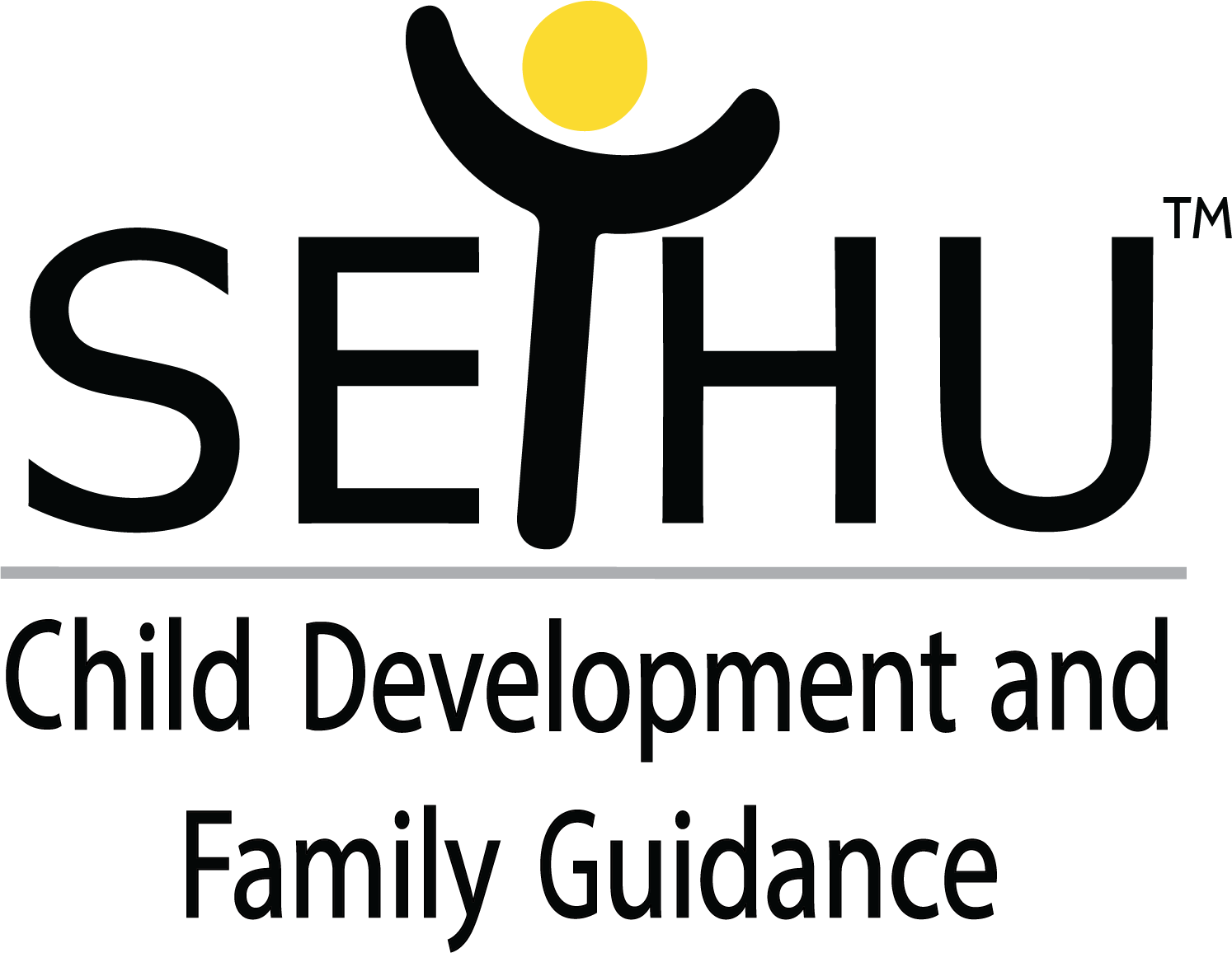Author: Andre Velho | Mar 21, 2017
Every year between 23,000 and 29,000 children are born in India with Down syndrome, which is the highest in the world. With recent advancements in clinical treatment as many as 80% of people with Down syndrome reach age 60, and many live even longer!
World Down Syndrome Day (WDSD) observed on 21st March every year, is a global awareness day which has been officially observed by the United Nations since 2012. The date for WDSD being the 21st day of the 3rd month was selected to signify the uniqueness of the triplication (trisomy) of the 21st chromosome which causes Down syndrome.
Individuals with Down syndrome all over the world are becoming increasingly integrated into society and community organizations, such as school, health care systems, work forces, and social and recreational activities. More and more neuro-typical people are interacting, working, studying and making friends with individuals with Down syndrome, increasing the need for widespread public education and acceptance.
Adequate access to health care, early intervention programmes and inclusive education are vital to the growth and development of people with Down syndrome. The first years of life are a critical time in a child’s development. All young children go through the most rapid and developmentally significant changes during this time. Children with Down syndrome typically face delays in certain areas of development, so early intervention is highly recommended. It can begin anytime after birth, but the sooner it starts the better.
In addition to regular growth and development monitoring, there are other very crucial health checks that must be followed in every child with Down syndrome to ensure good long term outcomes:
1) ENT examination and hearing tests
2) Vision in consultation with a pediatric ophthalmologist
3) Thyroid hormone levels
4) Dental care
5) Cardiac evaluations
Sethu Centre follows a structured protocol for monitoring children with Down syndrome because our multidisciplinary team believes that prevention of common complications is critical and compulsory to achieve the best!
Though Down syndrome can’t be prevented, it can be detected before a child is born. The health problems that may go along with Down syndrome can be treated, and many resources are available to help kids and their families who are living with the condition.
To find out more about Down syndrome and ways you can help, check out the links below:
Down Syndrome Federation of India
http://www.downsyndrome.in/
National Down Syndrome Society
http://www.downsyndrome.in/
Amrit Foundation
http://amritfoundationofindia.in/
